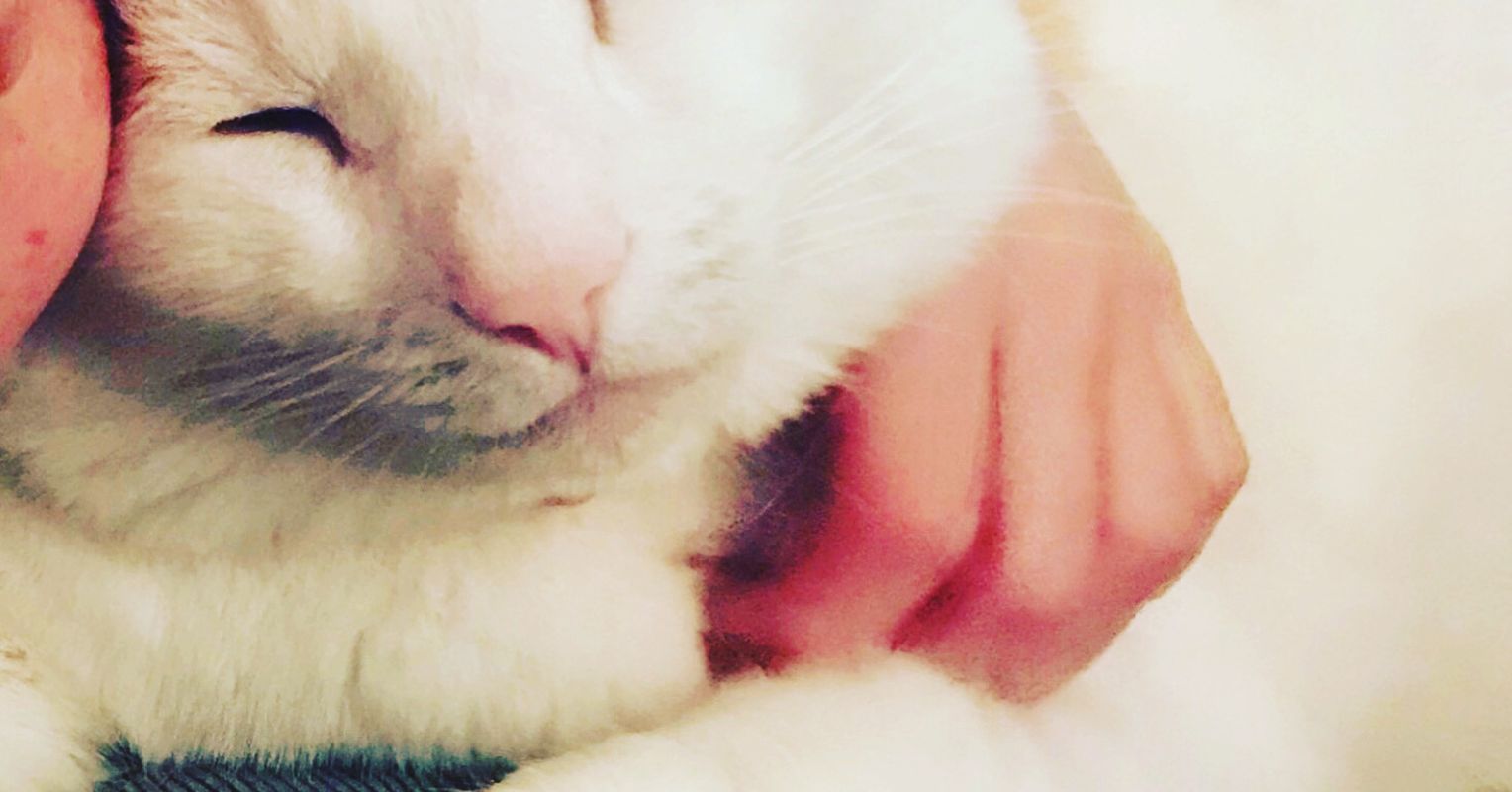
"When I first got sober, I learned you can't do it alone. I was reminded of this with every recovery meeting I attended, with every conversation I had with a sober friend, and with all the check-ins with my sober online communities. Also with therapists. With a supportive husband. With God. And another soul was well-invested in me during those early days of recovery. It was my cat, Steve."
"Early recovery is tough. I had physical symptoms of withdrawal that lasted well over two weeks: shakiness, brain fog, achiness, and fatigue so physically consuming that I could barely function. But beyond the physical symptoms lurked much more tenacious and long-lasting effects of not pouring wine onto all my problems. It felt like every emotion I had ignored for the past 20 years decided to show up, irritated that they'd been swept under the alcoholic rug for so long, ready to cause havoc."
Early recovery presents intense physical withdrawal—shakiness, brain fog, achiness, and overwhelming fatigue—alongside emotional upheaval as long-ignored feelings resurface. Stable, nonjudgmental support from people, therapists, spirituality, and routines is essential. Caring for a pet can supply dependable presence, calm, and opportunities to practice gentle responsibilities and build positive habits. A companion animal offers unconditional acceptance during mood swings and crises, enabling rest and grounding when functioning is limited. Pets can buffer instability, reduce isolation, and contribute to healing by providing tactile comfort and consistent structure during the fragile initial weeks of sobriety.
Read at Psychology Today
Unable to calculate read time
Collection
[
|
...
]